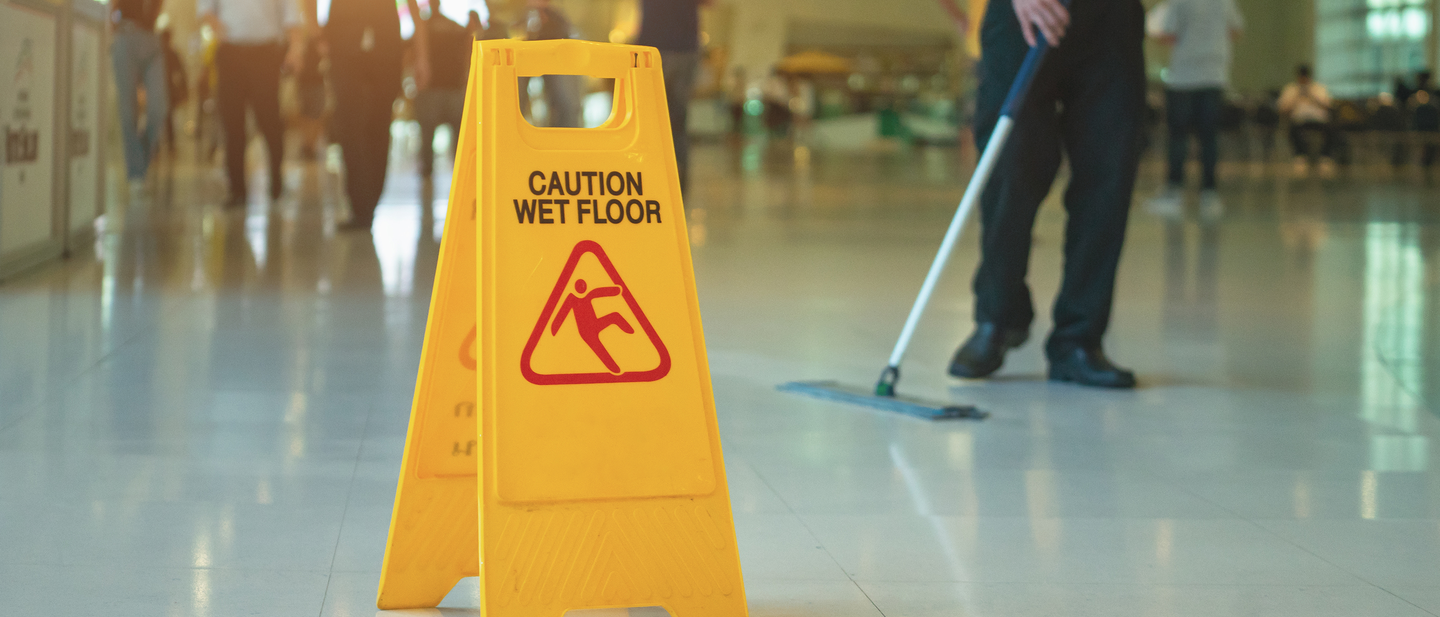Create a culture of safety in your workplace
Workplace Safety Resources
6 Behavioral Interviewing Tips
Behavioral interviewing may help you better understand how a candidate performs in real-life situations.

Workplace Safety Resources
6 Evolving Risks Impacting Workplace Injuries
Review these six evolving workplace risks to identify ways to help keep your employees safe at work and recover quickly if an injury does occur.

Workplace Safety Resources
6 Workers Compensation Risks on the Road
Keeping employees safe while driving for business starts with identifying risk factors. Learn how to reduce driving risks and improve employee safety on the road.

Workplace Safety Resources
7 Tips for Smart, Data-Driven Risk Management in the Age of Workforce Transformation
Discover seven tips for smart, data-driven risk management in the age of workforce transformation, including insights on employee well-being and business success.

Workplace Safety Resources
7 Types of Employees at Risk in Growing Companies
Fast-growing companies can benefit from evaluating risk factors related to employees working remotely, seasonally or part time. Learn how to address the risks.

Workplace Safety Resources
An Engaged Workforce Can Improve Safety
Learn the five key elements of a strong safety improvement process with this workplace safety infographic.
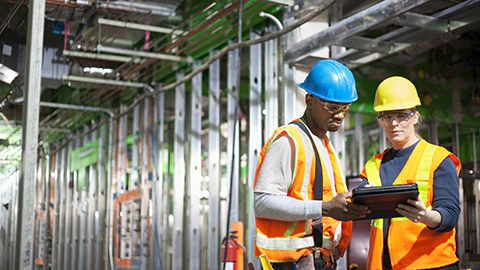
Workplace Safety Resources
Best Practices for Developing a Fire Safety Plan
Creating a workplace fire safety plan can help protect your workers and business.

Workplace Safety Resources
Building a Better Workplace
An exclusive Travelers discussion about how to create a safer, healthier and more engaging workplace and insights about the future of workforce well-being.
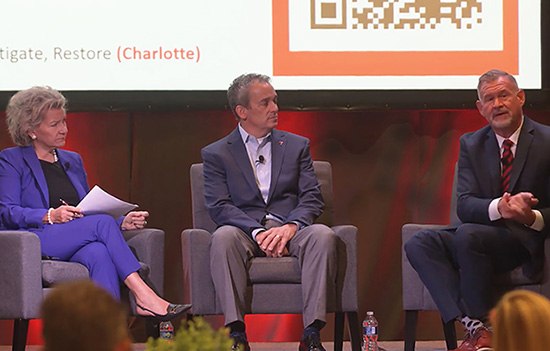
Workplace Safety Resources
How New Employee Onboarding Can Promote Safety
Help promote safety by incorporating these practices into your onboarding process. Learn more in this employee onboarding infographic.

Workplace Safety Resources
Help Workers Stay Warm in Severe Cold Weather
Learning how to treat frostbite and hypothermia symptoms is vital if you spend time outside in the cold. Read this winter weather safety information from Travelers.

Workplace Safety Resources
How to Improve Employee Health, Wellness and Well-Being
Looking for some tangible steps to improve employee health, wellness and well-being? Learn more about wellness initiatives and how to engage employees.
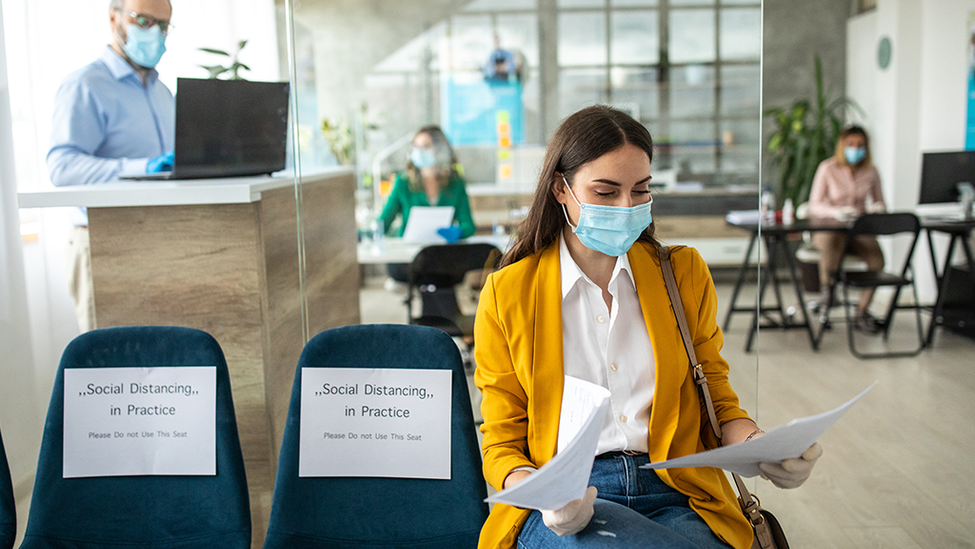
Workplace Safety Resources
5 Considerations After Extending a Conditional Job Offer
Thinking about these five considerations for after a conditional job offer can help the hiring process. Learn more in our post-offer employment requirement infographic.

Workplace Safety Resources
Creating a Safety and Wellness Culture in Your Company
A process for employee engagement and support that focuses on safety and wellness can help with job retention and help promote wellness. Get engagement and support tips from Travelers to help create a safety and wellness program.

Workplace Safety Resources
Creating a Safety Culture in the Workplace
Creating a safety culture in the workplace can help keep employees safe and prevent workplace accidents.

Workplace Safety Resources
Ergonomics for the Road Warrior
Laptop and tablet use is on the rise for modern workers, and with it comes a new set of ergonomic challenges.

Workplace Safety Resources
Ergonomics in the Mobile Office
Vehicle ergonomics are key to the health and safety of workers on the go. Learn about driving ergonomics to help prevent injuries.

Workplace Safety Resources
Ergonomics in the Modern Office
The modern office sees new ways for employees to be productive, like exercise balls and standing desks. The improper use of these devices can lead to discomfort and injuries.

Workplace Safety Resources
Using Data to Better Understand and Manage Risk in the Post-Pandemic Workplace
Learn how to harness the power of data to understand and minimize threats and exposures and connect employee well-being with business success.

Workplace Safety Resources
Is Distracted Walking on the Job a Hazard?
Distracted walking incidents have been on the rise in recent years. Create a distracted walking policy with distracted walking safety tips from Travelers.

Workplace Safety Resources
Helping Employers Manage a Safer Workforce
Travelers Workforce Advantage® can help businesses promote employee health and safety. Learn more about Workforce Advantage.

Workplace Safety Resources
Guide to Ergonomics in the Workplace
Effective workplace ergonomics can help reduce employee injuries. Read these tips on office ergonomics planning.

Workplace Safety Resources
Tips for Managing a Remote Workforce
With the employment landscape changing to more remote work, mitigating risks can be difficult. Learn more about tips for managing a remote workforce.

Workplace Safety Resources
The Workforce Pressure Test
The Workforce Pressure Test can help determine if you are doing enough to help ensure your employees are skilled, safe and resilient.
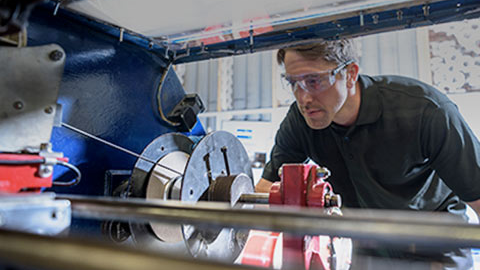
Workplace Safety Resources
The Wearables Revolution Meets Safety
Wearables can offer valuable benefits to employees who wear them and the employers who adopt this technology.

Workplace Safety Resources
Tips for Creating a Safety Management Program
A safety management program can help keep workers safe and may help lower workers comp costs. Follow these eight components of a safety management program from Travelers.

Workplace Safety Resources
The Travelers Injury Impact Report
Travelers knows firsthand that injuries can occur in any business, regardless of industry or size. Learn more in the Travelers Injury Impact Report.

Workplace Safety Resources
How to Prepare Your Business This Holiday Season
Holidays can bring added risk to your business with more foot traffic, seasonal decorations and new staff. Make sure your employees are prepared to keep your store safe and hazard-free.

Workplace Safety Resources
How Good Workplace Mental Health Helps Improve Injury Recovery Rates
Discover the powerful link between mental well-being and faster, more complete recovery from workplace injuries.

Workplace Safety Resources
How to Onboard and Train Employees into a Safety Culture
Continuous onboarding and training of employees can help overall retention. Create an employee onboarding and training plan with these tips from Travelers.

Workplace Safety Resources
Tips to Help Prevent Eye Strain During Computer Use
When viewing digital screens for extended periods, it’s not uncommon for employees to experience eye discomfort or vision problems.

Workplace Safety Resources
Safety and the Changing Nature of Work for Remote Employees
An increased number of remote workers brings new safety considerations for employers considering remote employment, but taking steps to protect them can help increase employee engagement and reduce the potential for costly workers compensation claims.

Workplace Safety Resources
How to Attract Qualified Job Candidates
Attracting qualified job candidates can be a challenge, but it’s an important task for companies of all sizes. Learn talent acquisition strategies from Travelers.

Workplace Safety Resources
Ladder Safety Tips
Ladder safety should begin before even stepping foot on one. Follow these ladder safety tips from Travelers.

Workplace Safety Resources
Workplace Emergency Action Planning
Create a workplace emergency action plan to help keep your workers safe when the unthinkable happens.

Workplace Safety Resources
The Psychological and Social Impact of Work-Related Injuries
Addressing more than the physical issues of an injury can help identify and mitigate potential barriers to work and function, resulting in better outcomes.

Workplace Safety Resources
Space Heater Safety in the Workplace
Space heaters are useful for keeping warm at work but can be dangerous if used incorrectly.

Workplace Safety Resources
Protecting Against Slips, Trips and Falls During Winter
Winter weather brings new risks for slips, trips and falls in the workplace.

Workplace Safety Resources
Preventing Slips, Trips and Falls in the Workplace
A business may be held liable for every step in the supply chain. Monitoring and regulating that chain can help prevent future liability claims.
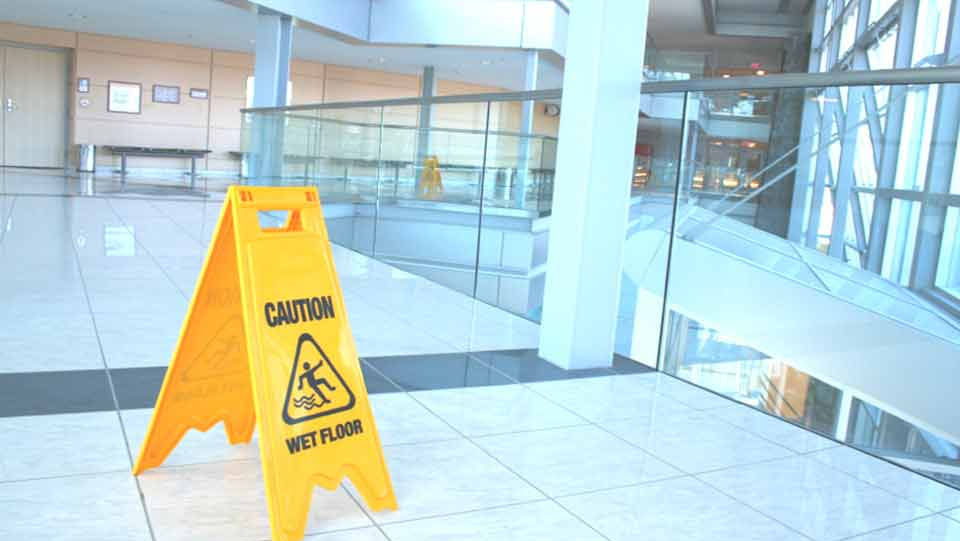
Workplace Safety Resources
The Modern Office Brings Emerging Risks
Modern office trends, such as mobile device use and work and play activities, bring new safety risks.

Workplace Safety Resources
Managing the Risks of Injury to First-Year Employees
First-year employees can be at greater risk of injuries on the job, but there are steps that employers can take to help keep them safe at work.
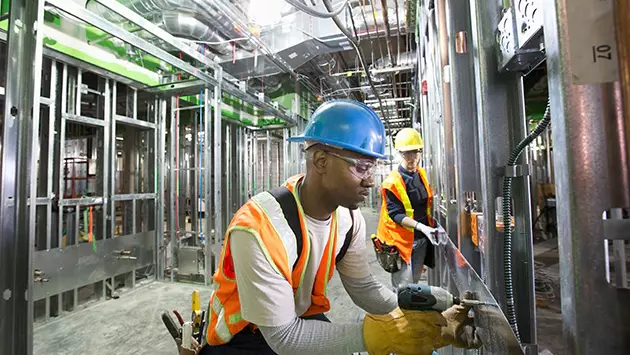
Workplace Safety Resources
Injury Management Strategy and Planning
Strategies to help your employees get back to work.

Workplace Safety Resources
How to Adjust Your Desk Chair and Workstation
Sitting at a desk all day can put stress on your body. Learn how to create an ergonomic workstation setup to help prevent injury.

Workplace Safety Resources
Flu and Illness: Preparing Your Workplace
Flu and illness prevention in the workplace can help reduce the spread of illness between workers and decrease sick days.


Spotlighting Workplace Risk
Discover how Travelers leverages data for smarter risk mitigation strategies in today's ever-evolving workplace. Join us at RIMS RISKWORLD® San Diego 2024.
Risk Control Customer Portal
Find more digital tools and resources for Travelers business customers.
